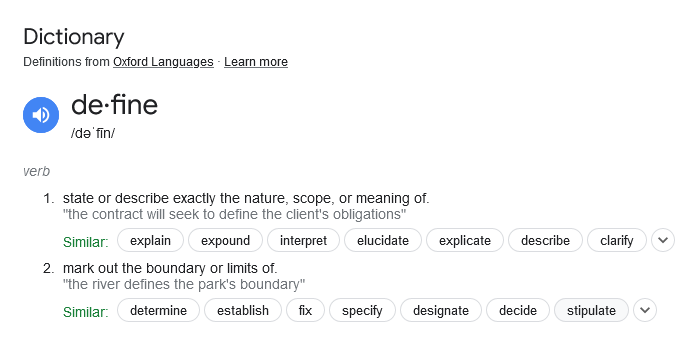The arguments about inerrancy have everything to do with authority. There is no reason to argue about inerrancy except to support various claims about who has the “real” authority – specifically, who has the authority to speak on God’s behalf to other human beings.
It’s easy to use words to claim that the words of the Bible can’t be gotten around. It’s the bread and butter, after all, of religious authority. And by religious authority, I mean any religion, not just Christianity in its many forms. As Dostoevsky pointed out in his parable of the Grand Inquisitor, human beings seem to need myth, magic, and authority, and they’re drawn to institutions that make a credible claim for providing all three.
So if you want to argue about the merits of inerrancy in the Bible, it’s better not to pretend you have no skin at all in the “authority game.” (See Quote #2 pasted above.)
The Bible is a collection of narratives that present to us various competing claims about whose “vision of God” has more authority. All these “visions of God” are constructed with words, but if you want to delve into these tangled threads and sort out which “skein of words” best reflects what God has been trying to say to us over the centuries, you need to put each “skein of words” into action and observe the results.
The words alone have never had the authority we’ve placed on them. Only the results of the words matter.
Who benefits most when theologians make claims for the inerrancy of words sitting in isolation from the rest of the Divine-human experience? Is a collection of words more important than the love of a parent for a child – specifically, the love of God for all God’s children? When the goals of words and the goals of love are in direct opposition to each other, which has authority? I know what many human beings would say, but what would God say in answer to this question? Can we even know the answer? Can we understand all the purposes that lie behind the many non-verbal things that God says to us each and every day?
The Bible is important because it offers us choices and respects our Free Will. Not every religious tradition or body of sacred texts is so generous. The flip side of this collection of choices is the problem of Free Will – so much harder to understand and exercise in the world than being told what to do and when to do it and how to do it.
The Bible starts out with two opposing visions of Creation and how to be in relationship with God, and it just keeps on going to the last page, so there are many different threads for us to examine and talk to God about. (I’ll stand back now to be out of the way of those who disagree vehemently with me about Genesis. But hey, I have Free Will, too!)
